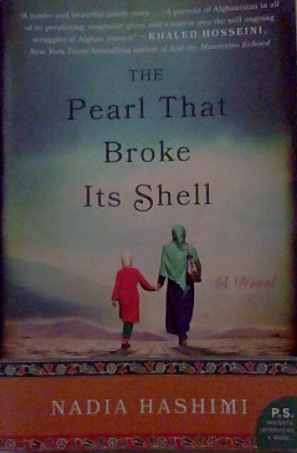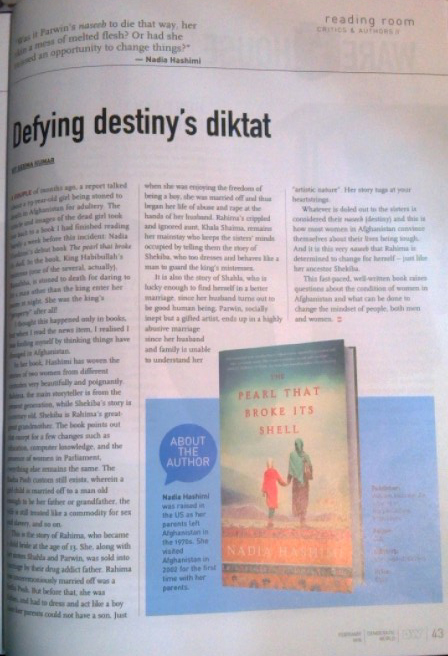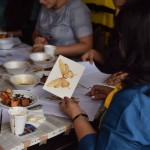Defying destiny’s diktat
A couple of months ago, a report talked about a 19-year-old girl being stoned to death in Afghanistan for adultery. The article and images of the dead girl took me back to a book I had finished reading barely a week before this incident: Nadia Hashimi’s debut book, The Pearl That Broke Its Shell. In the book, King Habibullah’s mistress (one of several actually), Banafsha, is stoned to death for daring to let a man other than the King enter her room at night. She was the King’s ‘property’ after all! I thought this happened in the book but when I read the news item, I realised that I was fooling myself by thinking that perhaps things have changed in Afghanistan,
In the book Hashimi has woven the stories of two women from different centuries very beautifully and poignantly. Rahima, the main storyteller is from the present generation while Shekiba’s story is a century old. Shekiba is Rahima’s great great grandmother. The book points out that except for a few changes such as education, computer knowledge, the presence of women in Parliament, etc everything else remains the same. The Bacha Posh custom still exists, a child being married off to a man old enough to be her father or grandfather still exists, the wife being treated like a commodity for sex and slavery still exists and so on.
It is the story of Rahima, who became a child bride at the age of 13. She along with her sisters, Shahla and Parwin, were sold into marriage by their drug addict father. Rahima, till she was so unceremoniously married off was a bacha posh. She was Rahim who had to dress and act like a boy as her parents could not have a son. Just when she was enjoying the freedom of being a boy she was married off and thus began her life of abuse and rape at the hands of her husband. Rahima’s crippled and therefore ignored aunt, Khala Shaima, remains her mainstay who keeps the sisters’ minds occupied by telling them the story of Shekiba who too dresses and behaves like a man to guard the King’s mistresses.
It is also the story of Shahla, who luckily finds herself in a better marriage as her husband turns out to be good human being. Parwin, socially inept, but a gifted artist ends up in a highly abusive marriage as her husband and family are unable to understand her ‘artistic nature’. Her story tugs at your heartstrings especially when you come to the part where she kills herself.
Whatever is doled out to them is their naseeb (destiny) is how the women of Afghanistan convince themselves. And it is this very naseeb that Rahima is determined to change for herself like her ancestor Shekiba.
“Was it Parwin’s naseeb to die that way, her skin a mess of melted flesh? Or had she missed an opportunity to change things? To realize her actual naseeb? … I didn’t know what my naseeb was, much less that of my son. But I decided that night I would do whatever I could to make it the best naseeb possible. For both of us. I was not going to miss any opportunities. … From what Khala Shaima had told me about Bibi Shekiba, she looked for chances to make her own naseeb. I, her great-great-granddaughter, could do the same.”
This fast-paced, well-written book raises questions about the condition of women in Afghanistan and what can be done to change the mindset of people, both men and women.
Nadia Hashimi was raised in the United States of America as her parents left Afghanistan in the 1970s. She visited Afghanistan in 2002 for the first time with her parents.
















